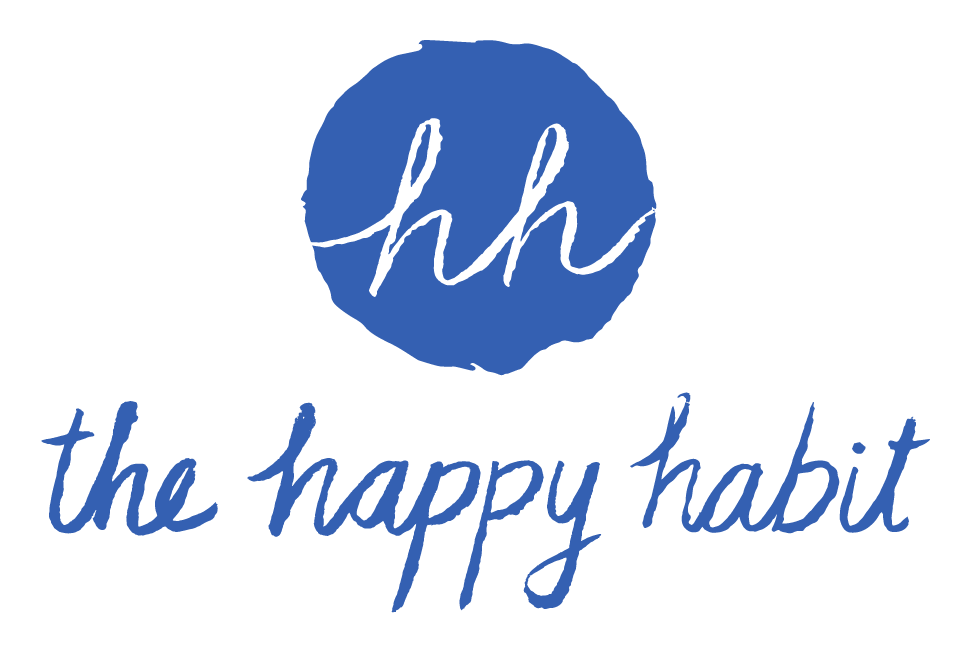What is the Best Lifestyle for ADHD?
For many people living with Attention Deficit Hyperactivity Disorder (ADHD), life can feel hard. But being neurodivergent doesn’t mean you can’t succeed and thrive, find meaning and use your skills and abilities to contribute to the world. Adopting a suitable lifestyle can significantly improve focus,, forgetfulness, creativity, compassion and overall well-being. This blog post will explore some great lifestyle choices for managing ADHD, with a particular emphasis on the benefits of meditation.
Understanding ADHD
Before diving into lifestyle choices, it’s important to understand the common characteristics of ADHD. Individuals with ADHD often experience difficulties with attention regulation, impulsivity, hyperactivity and emotional dysregulation. These symptoms can manifest in various ways, affecting academic performance, work productivity, and personal relationships. They can also impact self-esteem and confidence. However, with the right strategies and support systems in place, those living with ADHD can lead fulfilling lives and feel confident to share their unique perspectives and passion with the world.
The Role of Diet
Balanced Nutrition
A well-balanced diet plays a crucial role in managing ADHD symptoms. Foods rich in omega-3 fatty acids—such as fish, walnuts, and flaxseeds—are known to support brain health. Additionally, incorporating whole grains, fruits, vegetables, and lean proteins can help maintain stable energy levels throughout the day.
Avoiding Processed Foods
Whilst it can be tempting to get a quick dopamine hit from some processed foods high in sugar and artificial additives (I’m looking at your chips and chocolate), this type of food may exacerbate ADHD symptoms. It’s advisable to limit these foods and instead focus on whole-food options that provide essential nutrients for cognitive function. So why not set yourself the goal of eating well during the week, and allowing yourself a few treats on the weekend?
Exercise: A Natural Mood Booster
Regular Physical Activity
Engaging in regular physical activity is vital for everyone but especially beneficial for those with ADHD. Exercise helps release endorphins—natural mood lifters—and improves concentration by enhancing blood flow to the brain.
Finding Enjoyable Activities
Given that many of us with ADHD are looking for a quick dopamine hit, It’s important to find physical activities that you enjoy. Whether it’s dancing, swimming, basketball or hiking—engaging in fun and rewarding exercise routines increases the likelihood of consistency and satisfaction. Aim for at least 30 minutes of moderate exercise most days of the week.
The Power of Sleep
Prioritising Restful Sleep
Quality sleep is often overlooked but is critical for individuals with ADHD. Lack of sleep can worsen symptoms such as irritability, difficulty concentrating and emotional dysregulation. Establishing a consistent sleep schedule helps regulate your body’s internal clock and provides the best chance for a good night’s sleep.
Creating a Sleep-Friendly Environment
To enhance sleep quality:
Keep your bedroom dark, quiet and preferably clean. It’s hard for our mind to unwind when our room is messy.
Limit screen time before bed. Whilst it’s tempting to drift off to sleep whilst watching a show or video on our devices, it’s better to fall asleep naturally so your nervous system finds its rest and digest rhythm.
Develop a calming bedtime routine that may include reading or gentle stretching. Why not break technology and sleep up with a shower or bath, or a cuddle with your pet.

